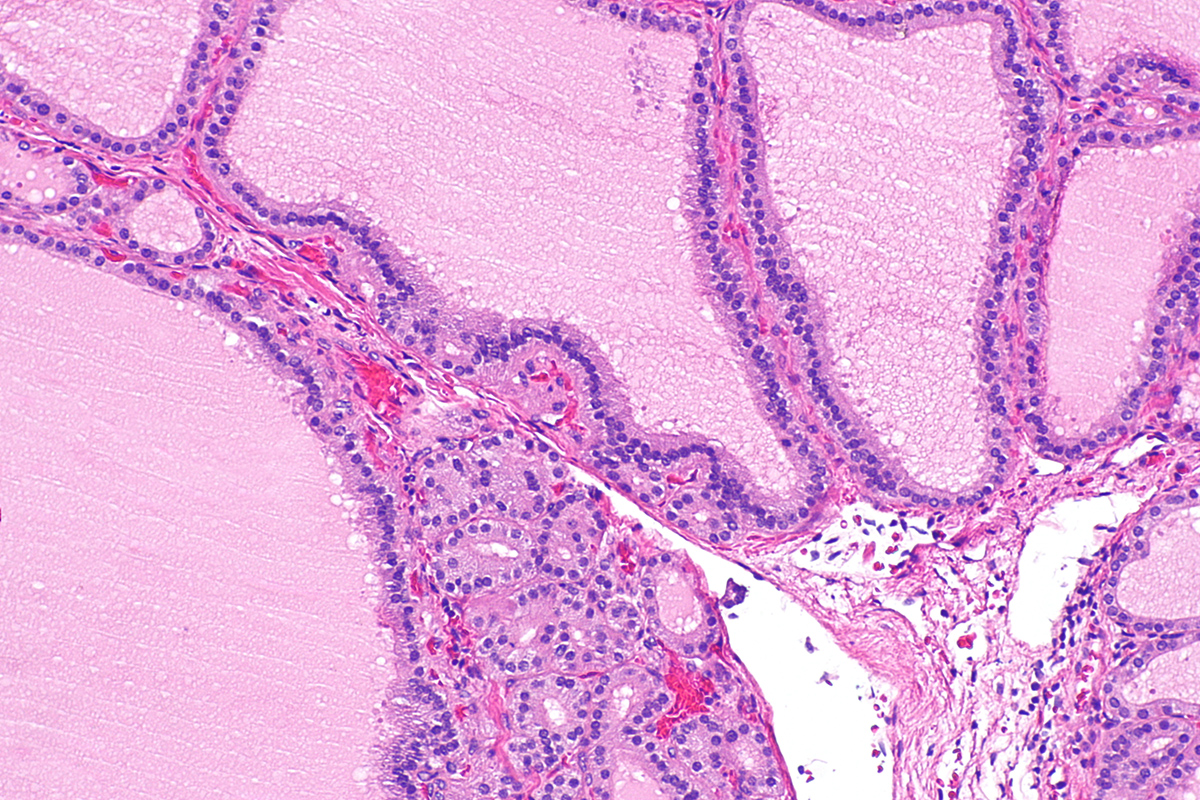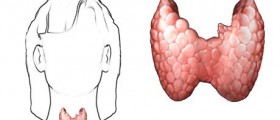
Graves' disease is an autoimmune disease in which the thyroid gland becomes overactive, producing very large amounts of thyroid hormones, and causing serious hormonal imbalance in the body. One of the primary roles of the thyroid gland, a small butterfly shaped gland found in the neck, is to regulate the rate of metabolism and thus affect the growth and rate of function of many other systems in the body. Graves' diseaseis the most common cause of hyperthyroidism in children and adolescents. It usually occurs during the early adolescence, causing metabolic imbalances and resulting in various neuropsychological and physical signs and symptoms.
Causes of Graves' disease
Graves' disease has a powerful genetic component, and it usually affects the female population. It is estimated that somewhere around 2% of all women worldwide suffer from Graves' disease. It is somewhere between 5 and 10 times as common in females as in males. Scientists are yet unsure what actually causes the disease. In Graves' disease, the immune system attacks the thyroid gland, by an antibody called the thyrotropin receptor antibody. This antibody stimulates the thyroid gland to produce excessive amounts of thyroid hormone. Hormonal disbalance causes serious metabolic problems and affects the mood, weight, and mental and physical energy levels.
Symptoms of Graves' disease
Graves' disease is the most common cause of hyperthyroidism, characterized by overproduction of thyroid hormone. This disease has many different signs and symptoms, which are usually severe and involve every system in the body. In most cases, the patients are extremely anxious and irritable. They feel constant fatigue and yet they have difficulty sleeping. Patient feels a fine tremor in the hands and fingers, hypersensitivity to heat, irregular heartbeat and an increase in perspiration. Many patients lose their weight, despite normal food intake. Women will also face different changes in menstrual cycles. The most prominent symptom is the enlarged thyroid, also known as goitre, Graves' ophthalmopathy, or protrusion of the eyes, is another common symptom in which the eyeballs bulge out past their protective orbit. This happens when the tissues and muscles behind the eyes swell and cause the eyeballs to move forward.
Treatment for Graves' disease
There is no known cure for Graves’ disease. The treatment is aimed to alleviate the symptoms of the disease and decrease the production of thyroxine. The antithyroid drugs are used to reduce the production of the thyroid hormone. Partial or complete destruction of the thyroid gland is another successful method of treatment, completed by ingestion of radioactive iodine. Another option is a partial or complete surgical removal of the gland, a process known as thyroidectomy.












-And-Children-16-Warning-Signs-And-Symptoms_f_280x120.jpg)




Your thoughts on this
Loading...